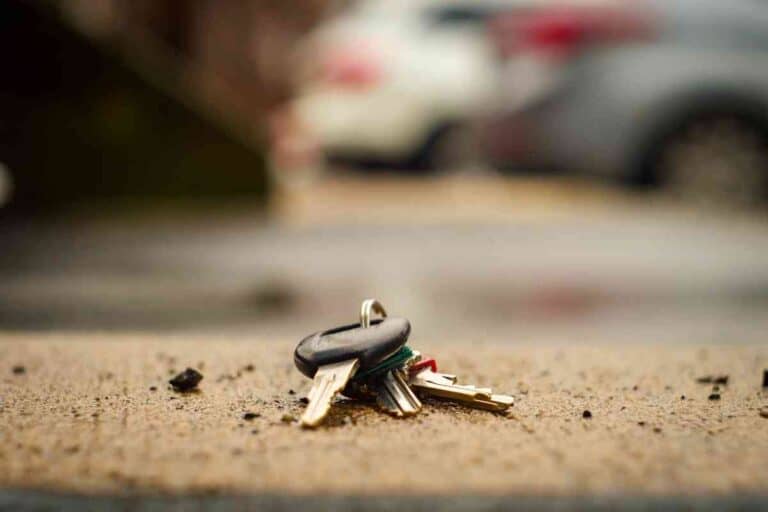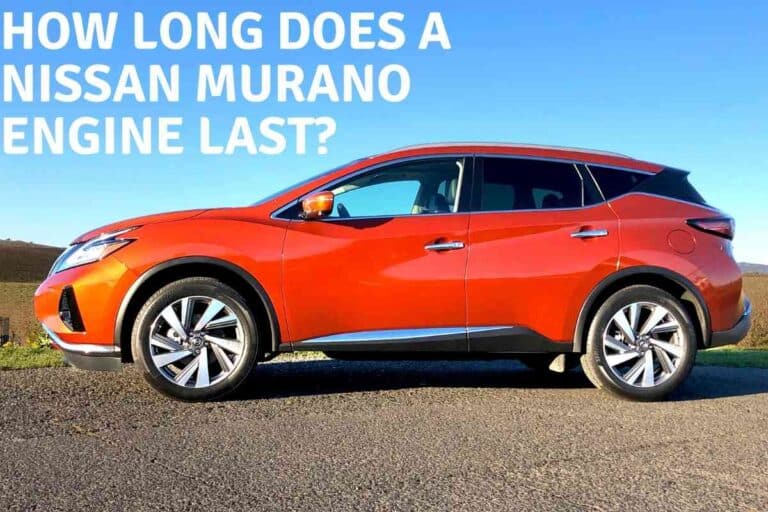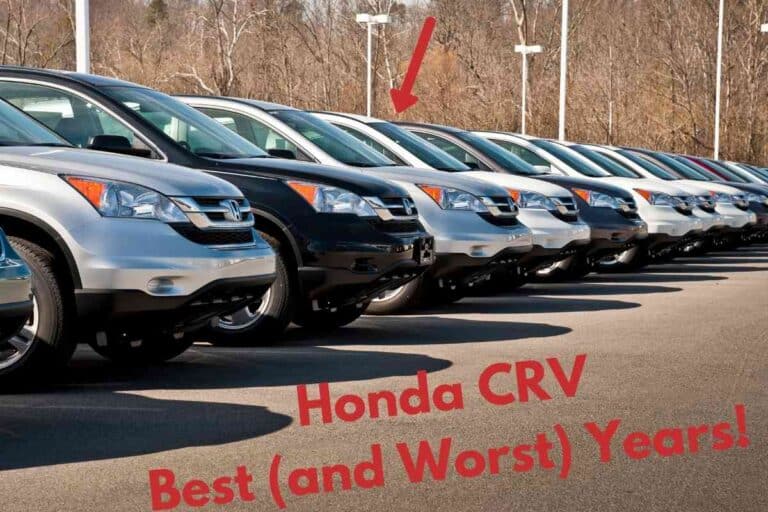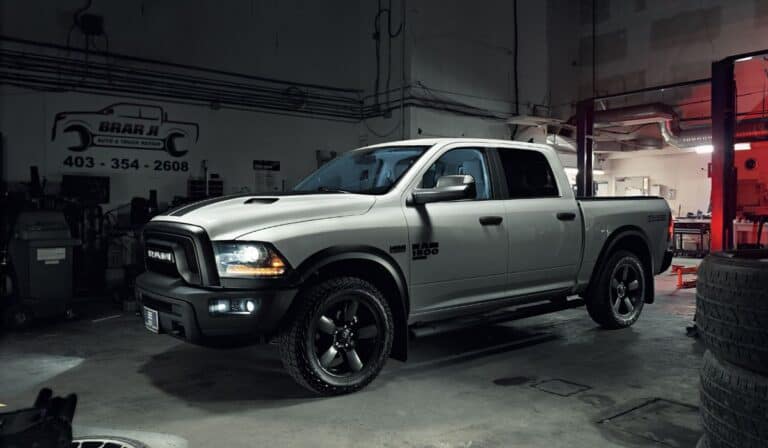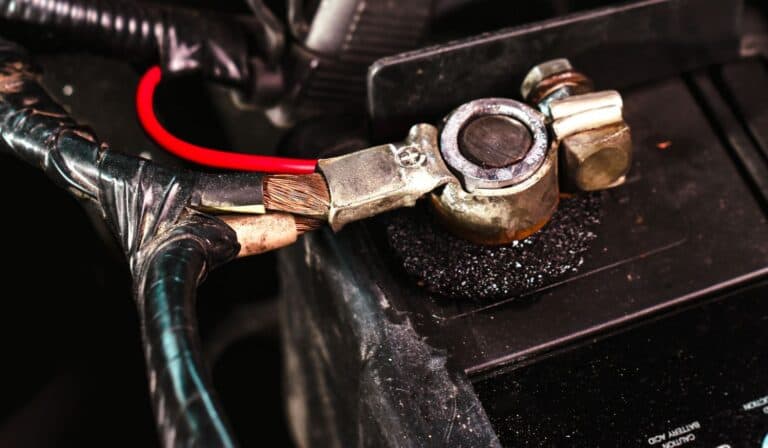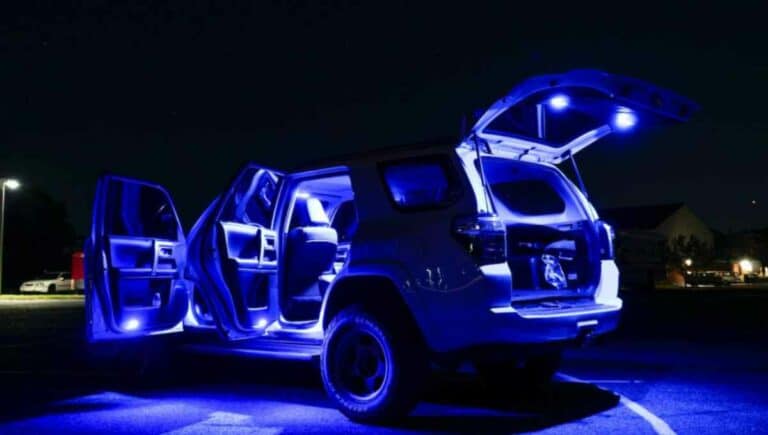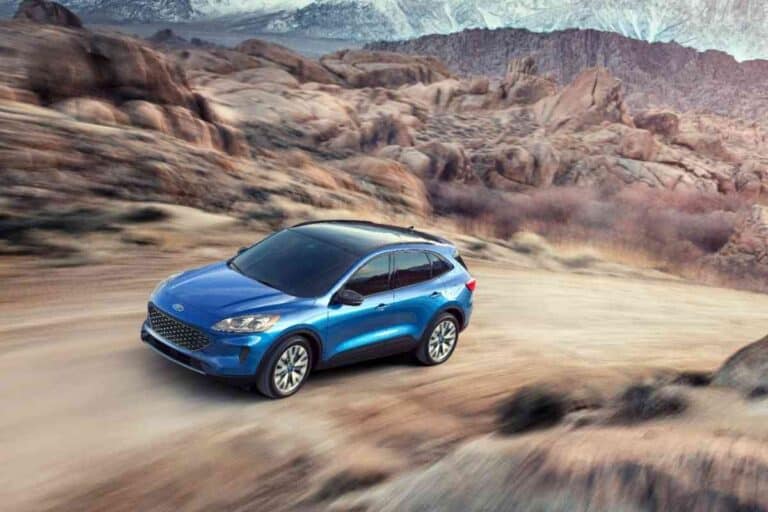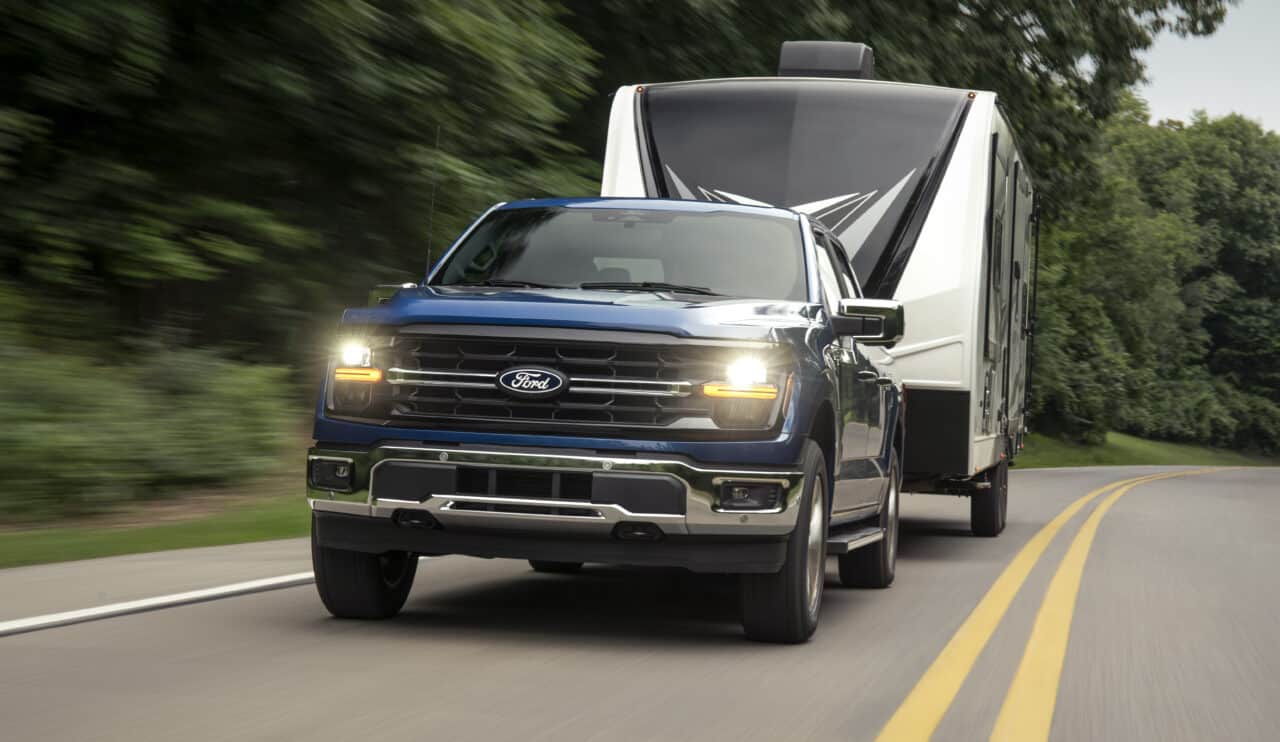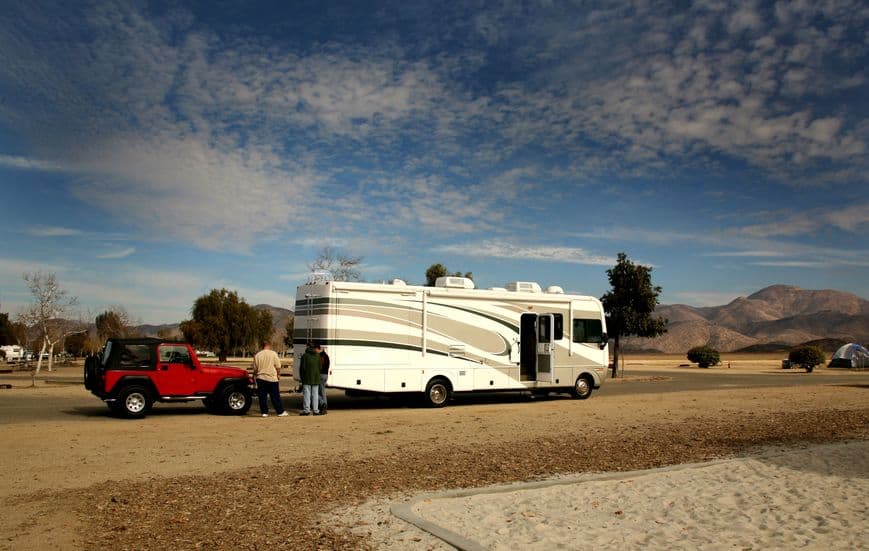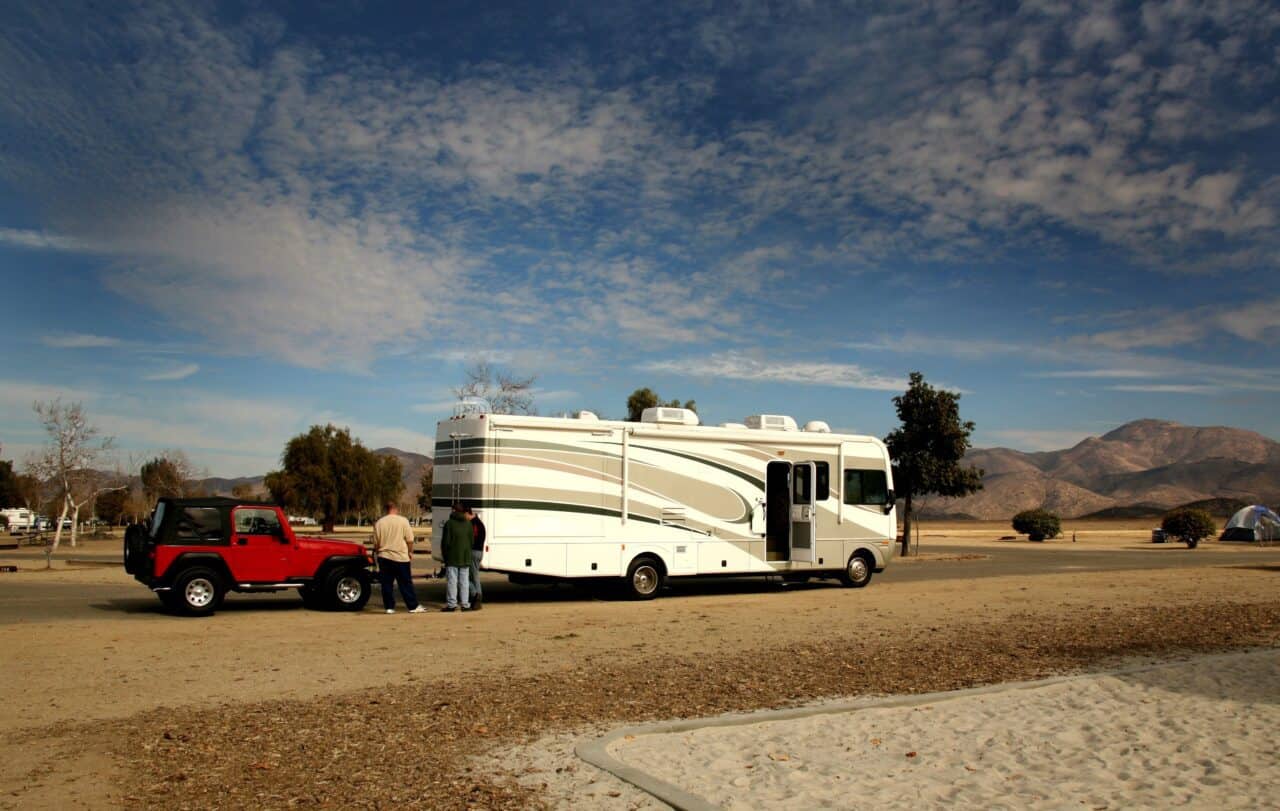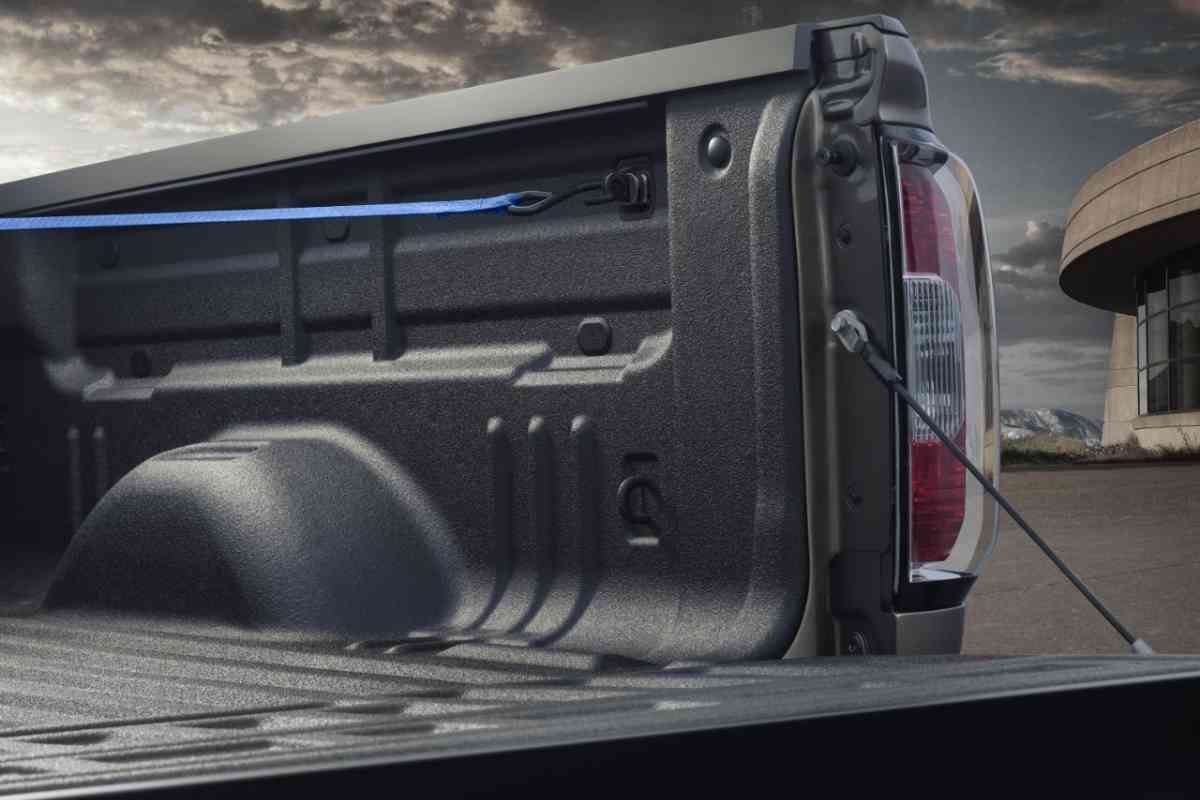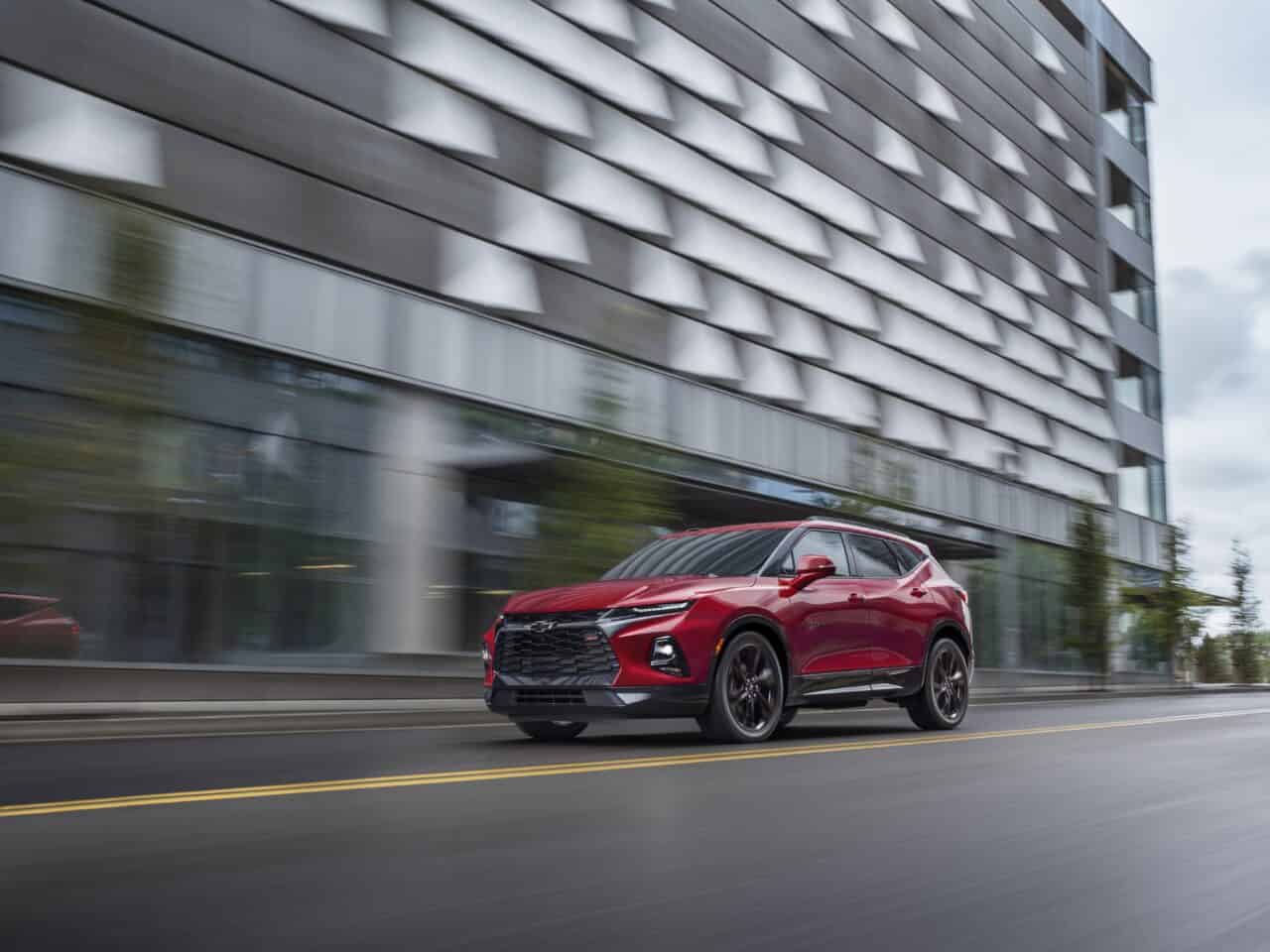Four Wheel Trends
Learn the ins and outs of the latest trucks, SUVs, Jeeps, and cars, along with emerging vehicle trends.
Four Wheel Trends provides helpful expert tips and answers to frequently asked questions across hundreds of vehicles from all of the major automakers: Jeep, Chevy, Ford, Toyota, GMC, and more.
Four Wheel Trends provides consumer advice you can trust, is frequently updated, and is accurate.
Automotive Reader Favorites
Get the latest automotive tips
and recommendations sent to your inbox.
Featured Automotive Post
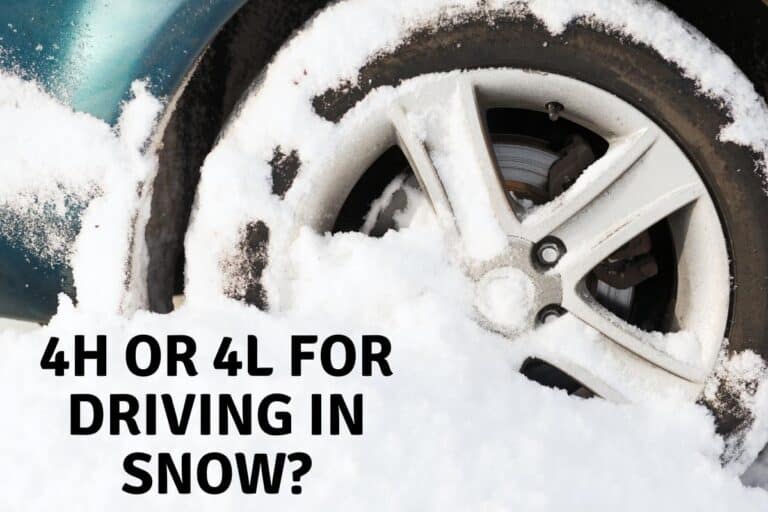
Do I Use 4H or 4L to Drive in Snow? (ANSWERED!)
Many people find themselves driving 4×4 vehicles simply so they can handle their morning commutes to the office through the raging snows of winter. With so many different features available in 4x4s these days, it’s no surprise that many drivers don’t know the best mode to drive in when it snows. They may end up finding…
About
Hi, I’m Kern!
I’m a guy with a lifelong passion for four wheel drive vehicles.
At Four Wheel Trends, we are passionate about vehicles and love sharing everything we learn about them.
Four Wheel Trends aims to be the ultimate resource for learning everything about your new vehicle, or information when trying to find the right one.

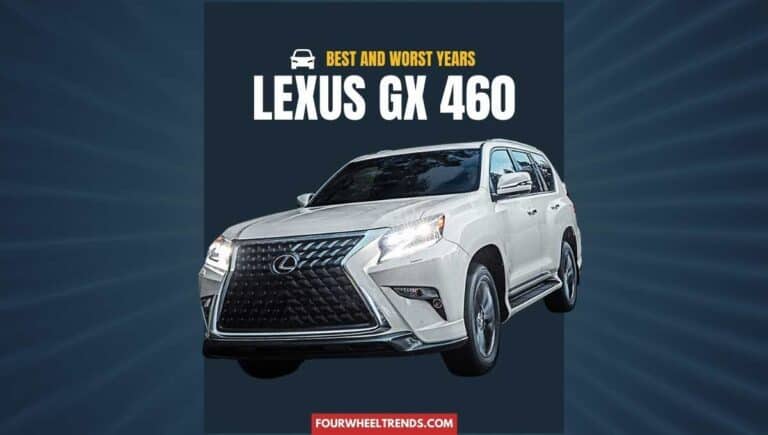

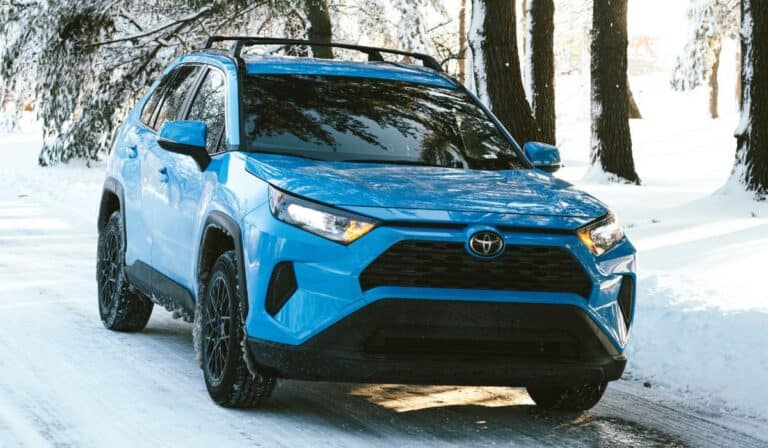

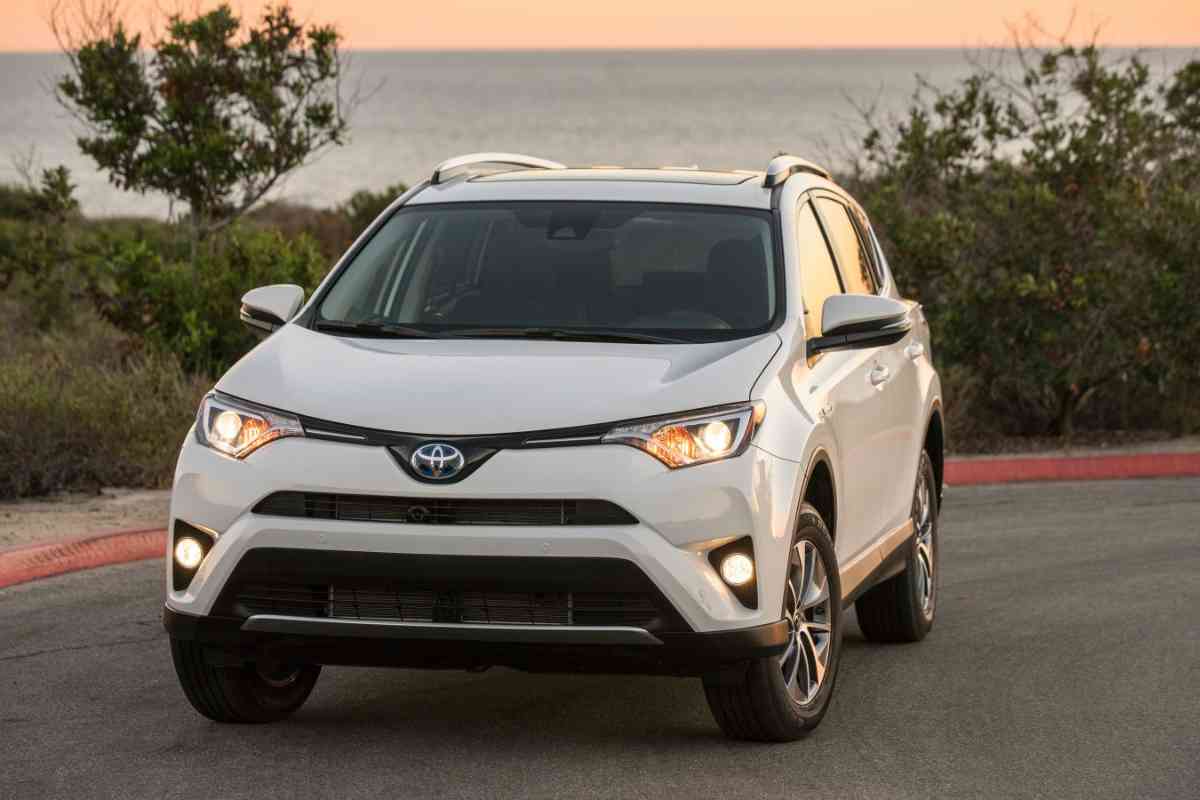
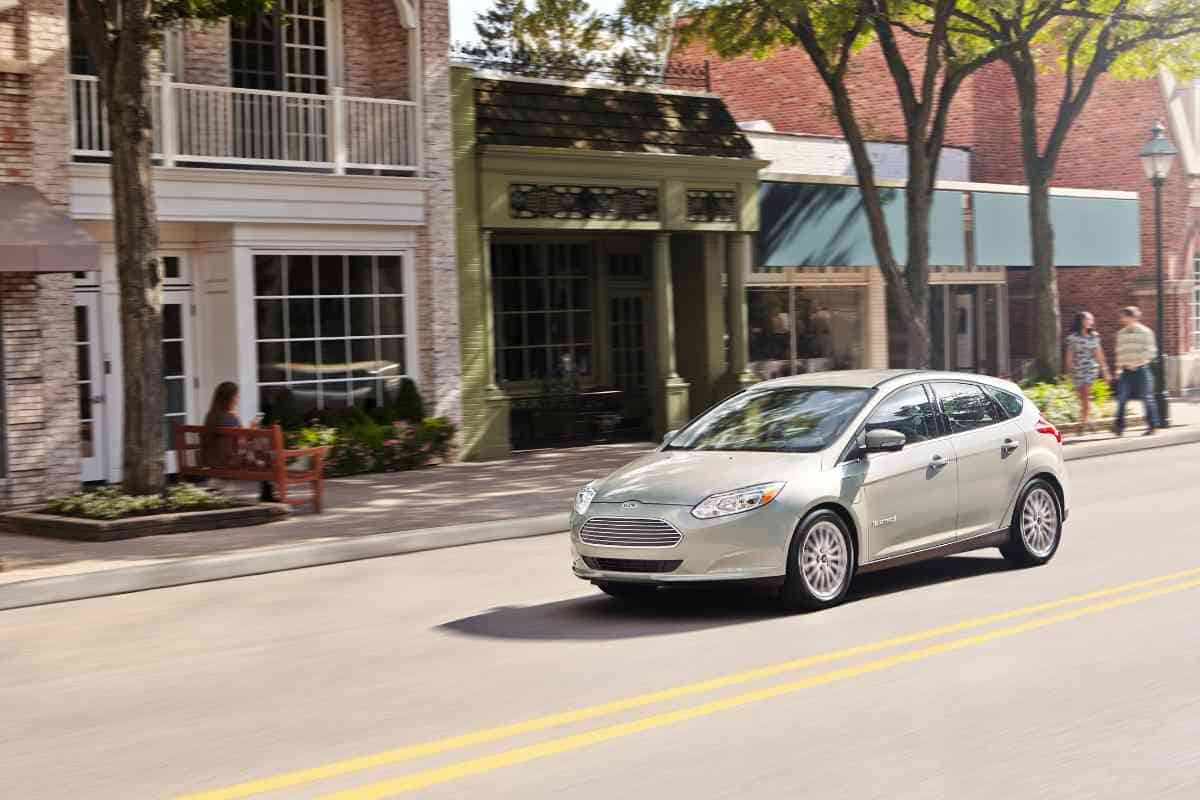
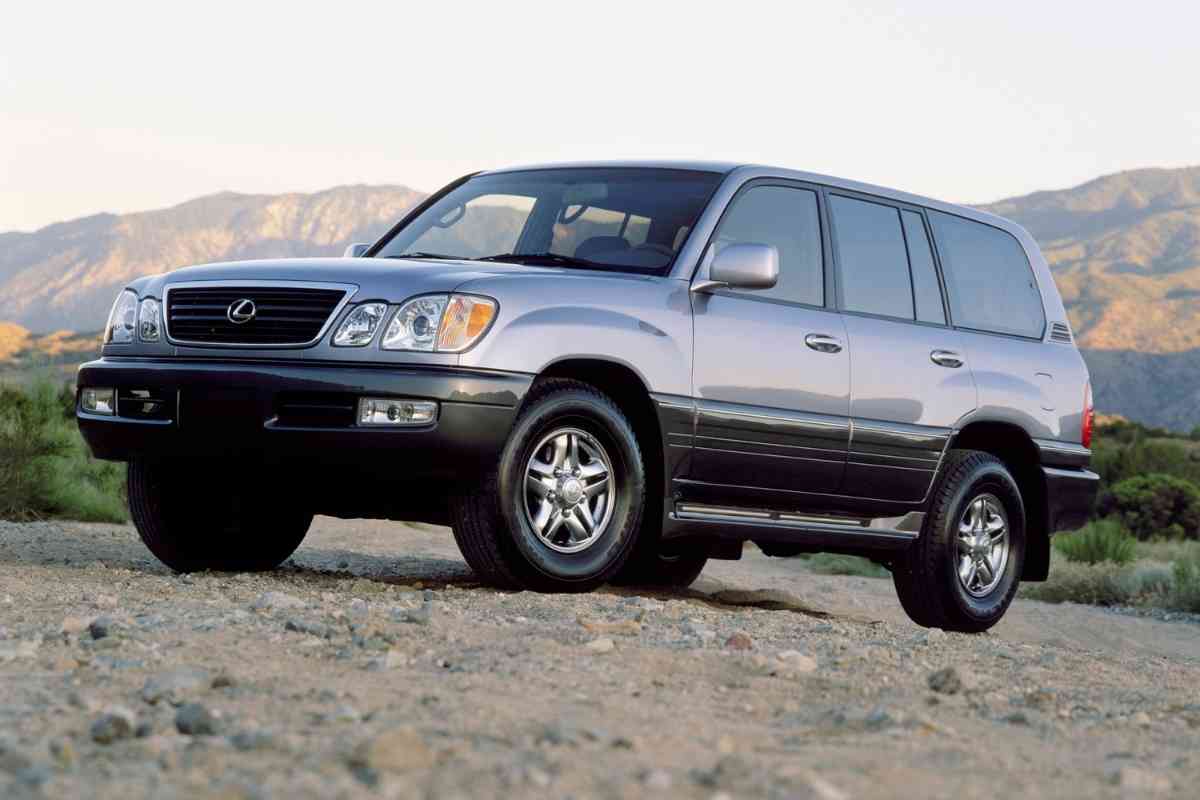
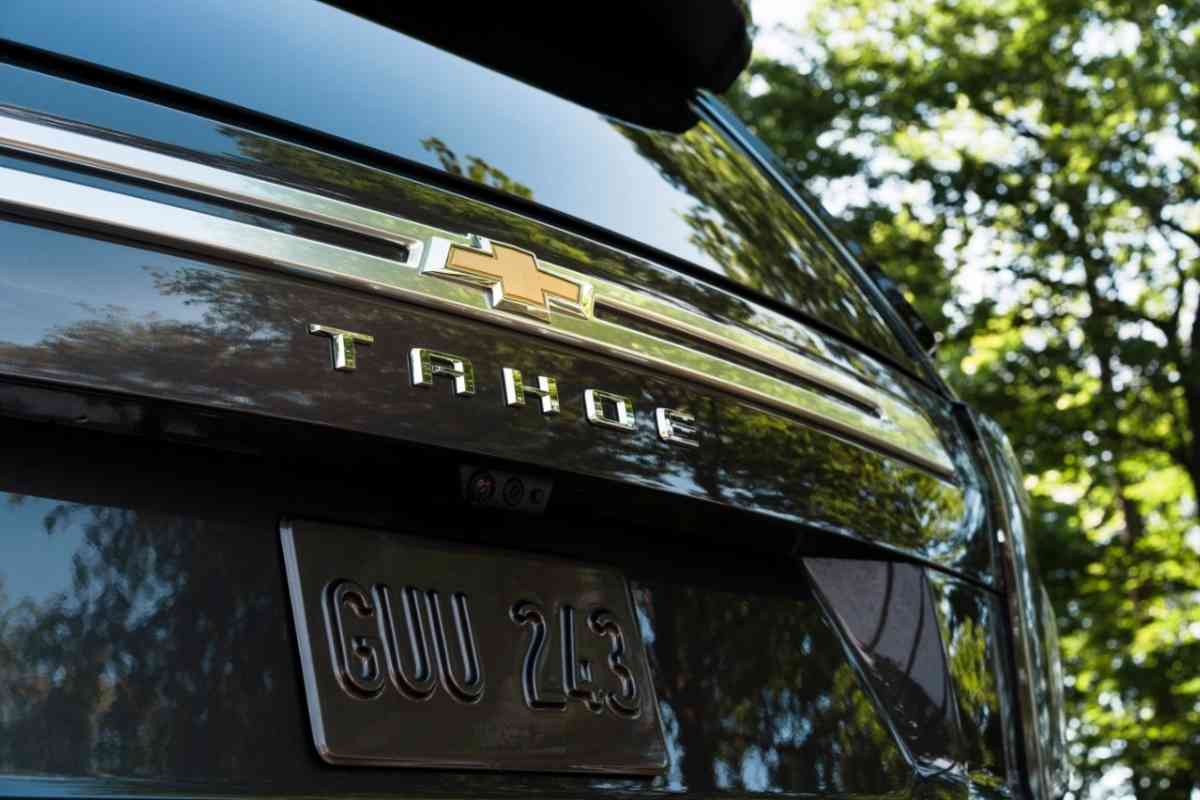
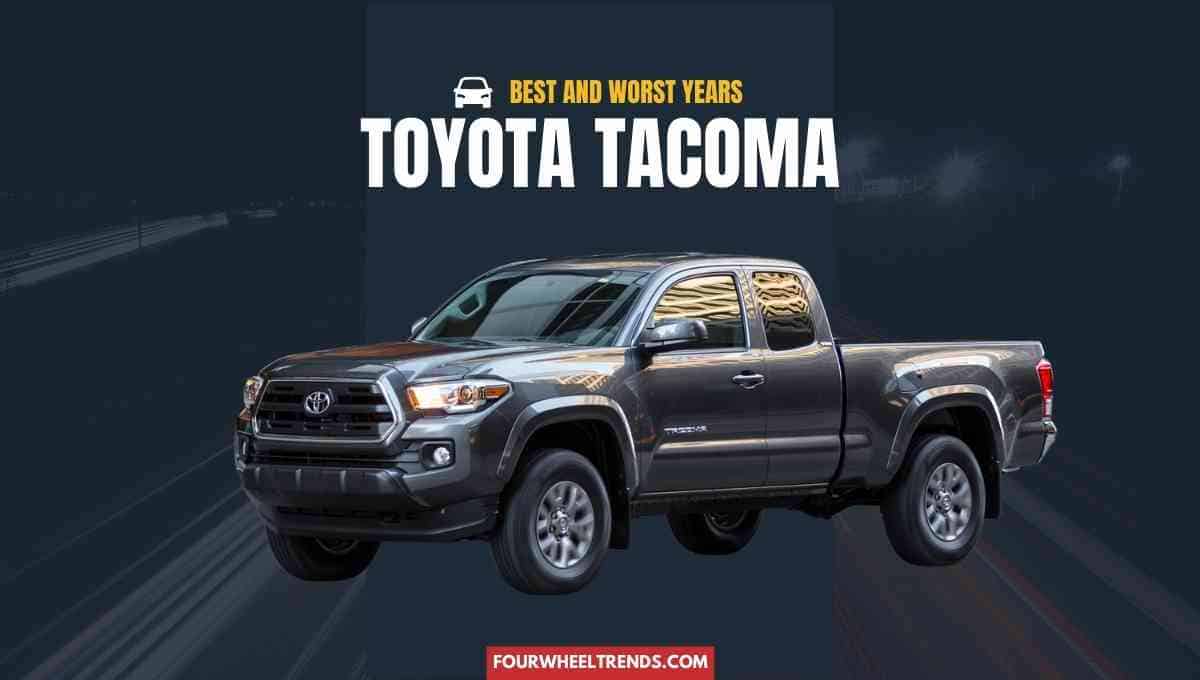
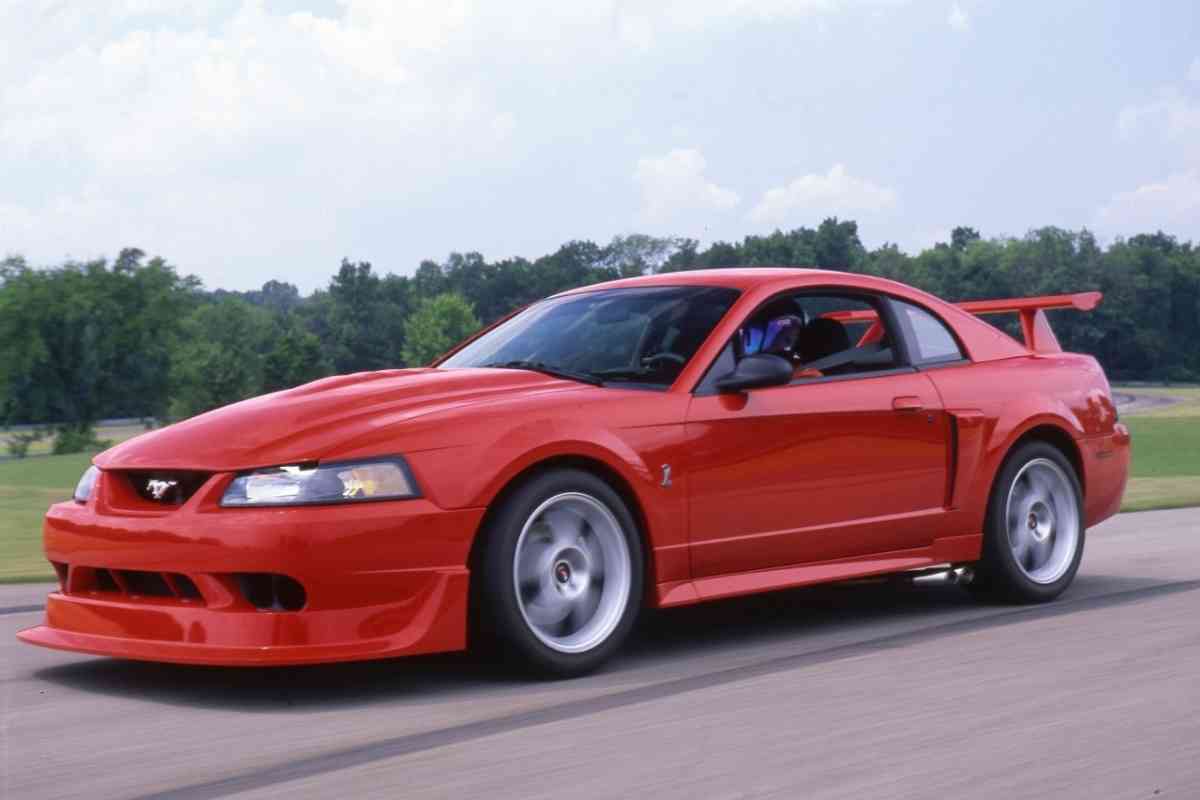
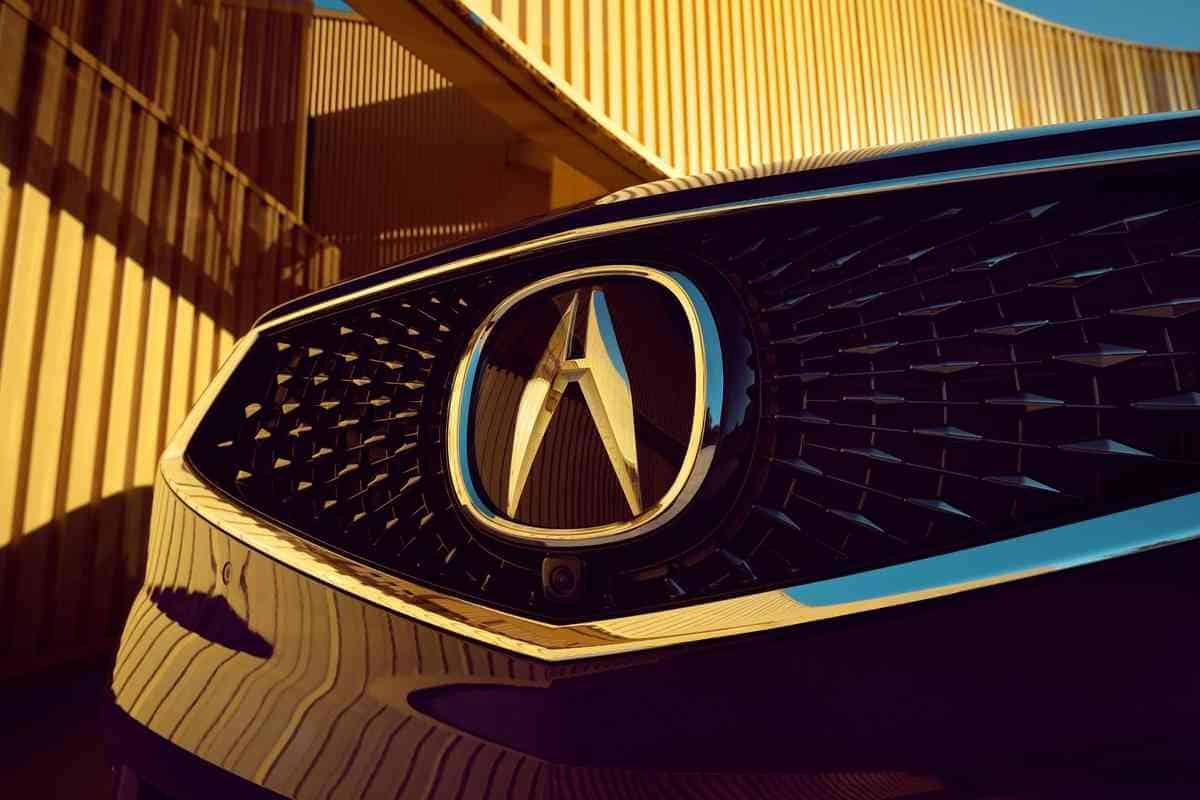
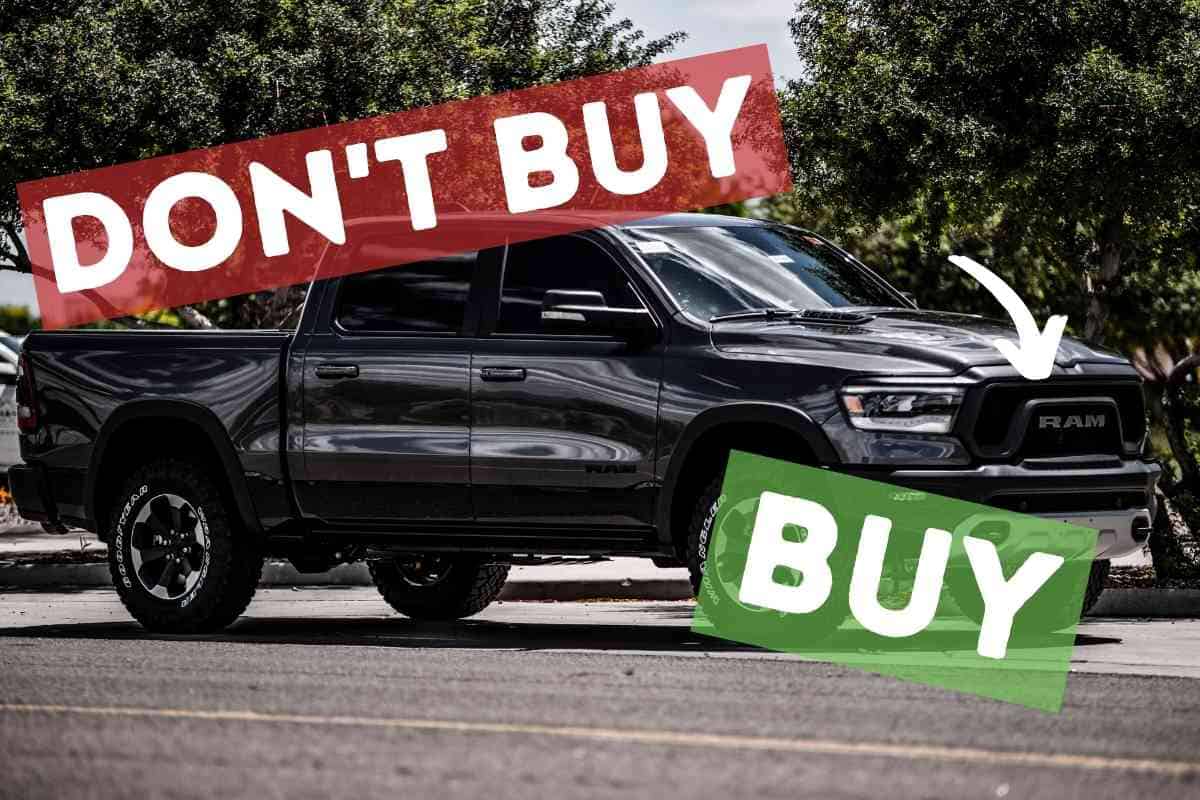
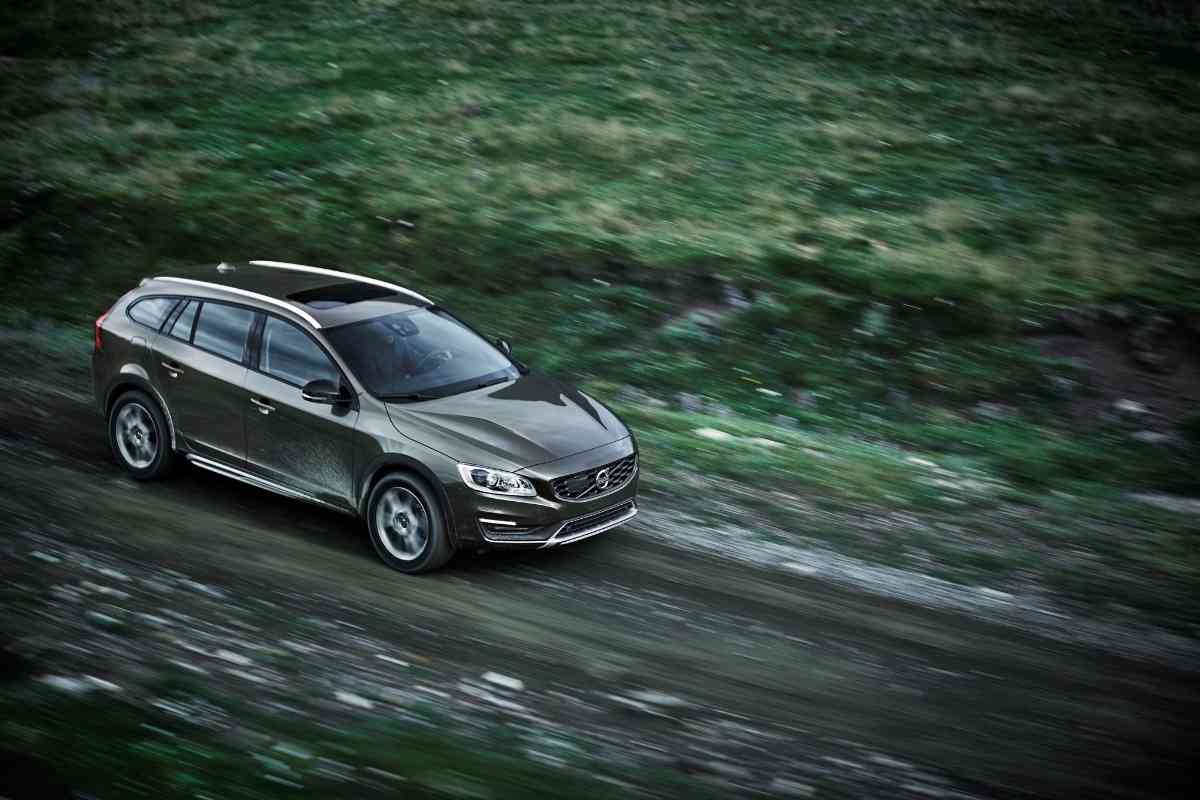
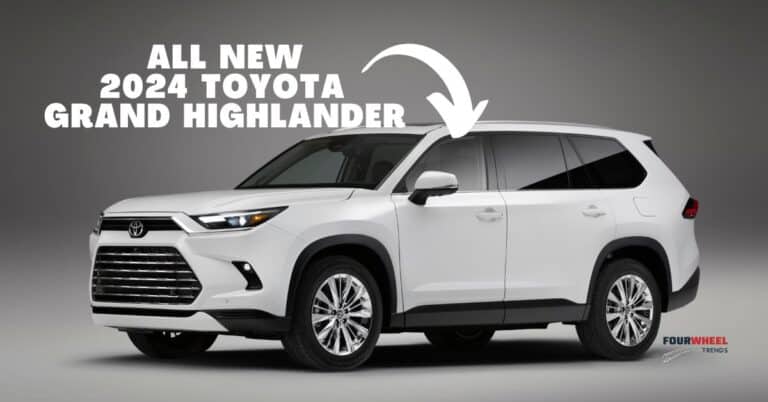
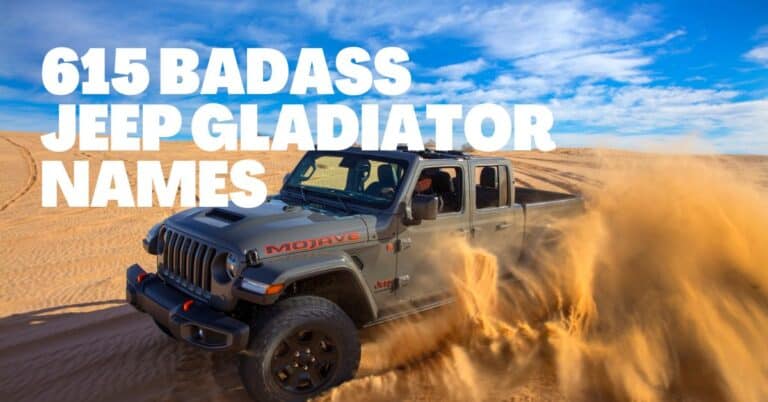
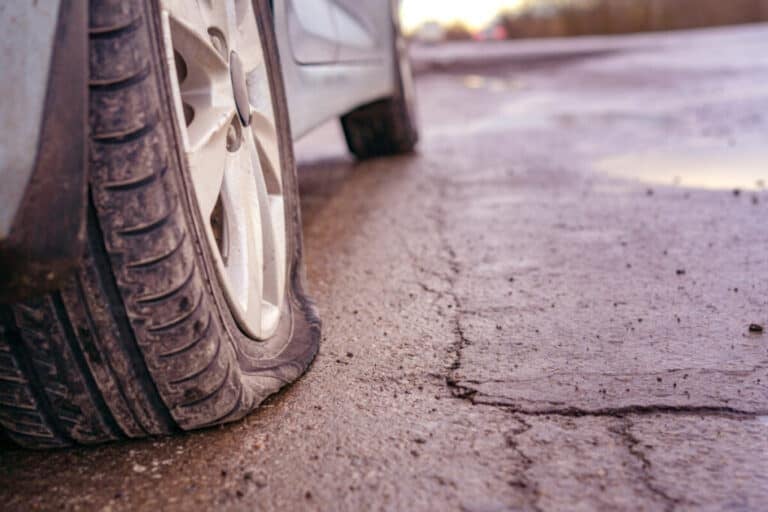
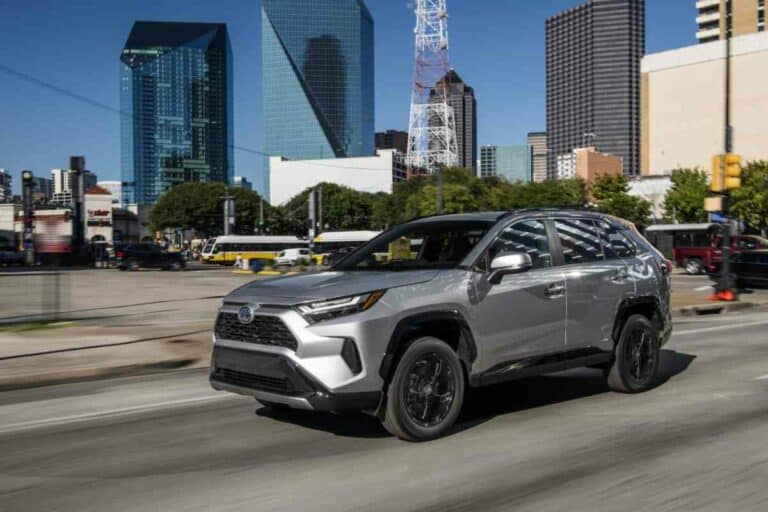
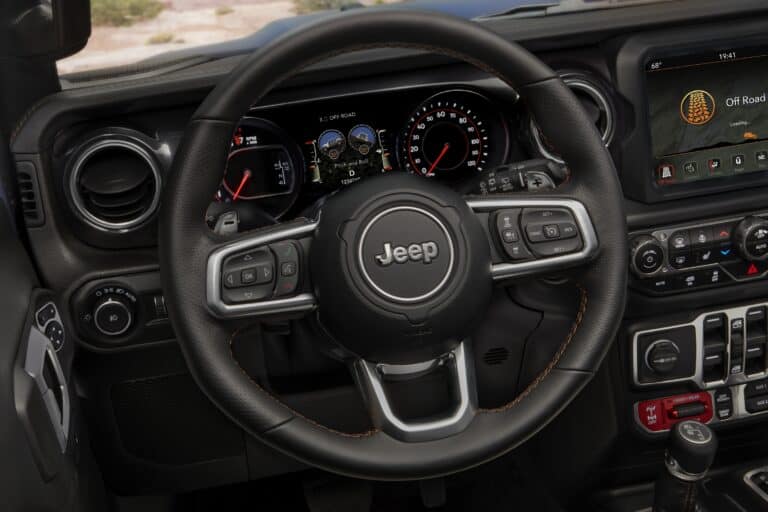
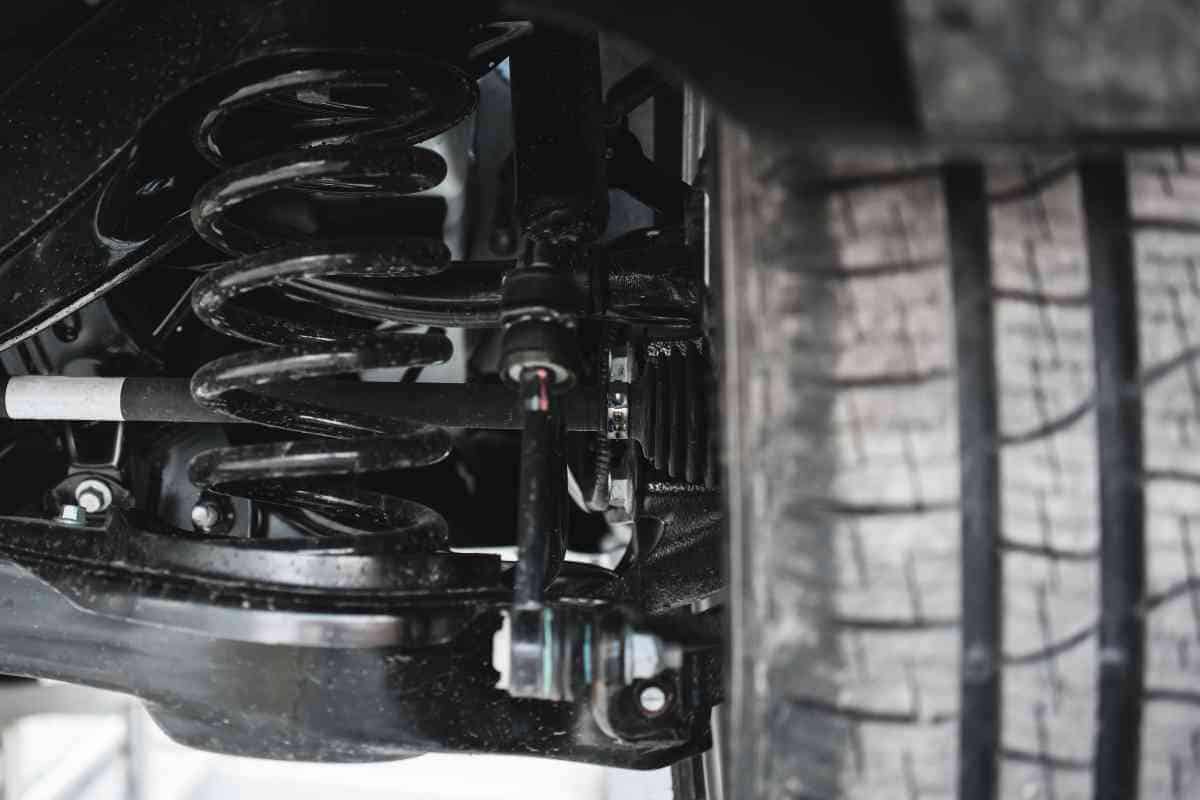
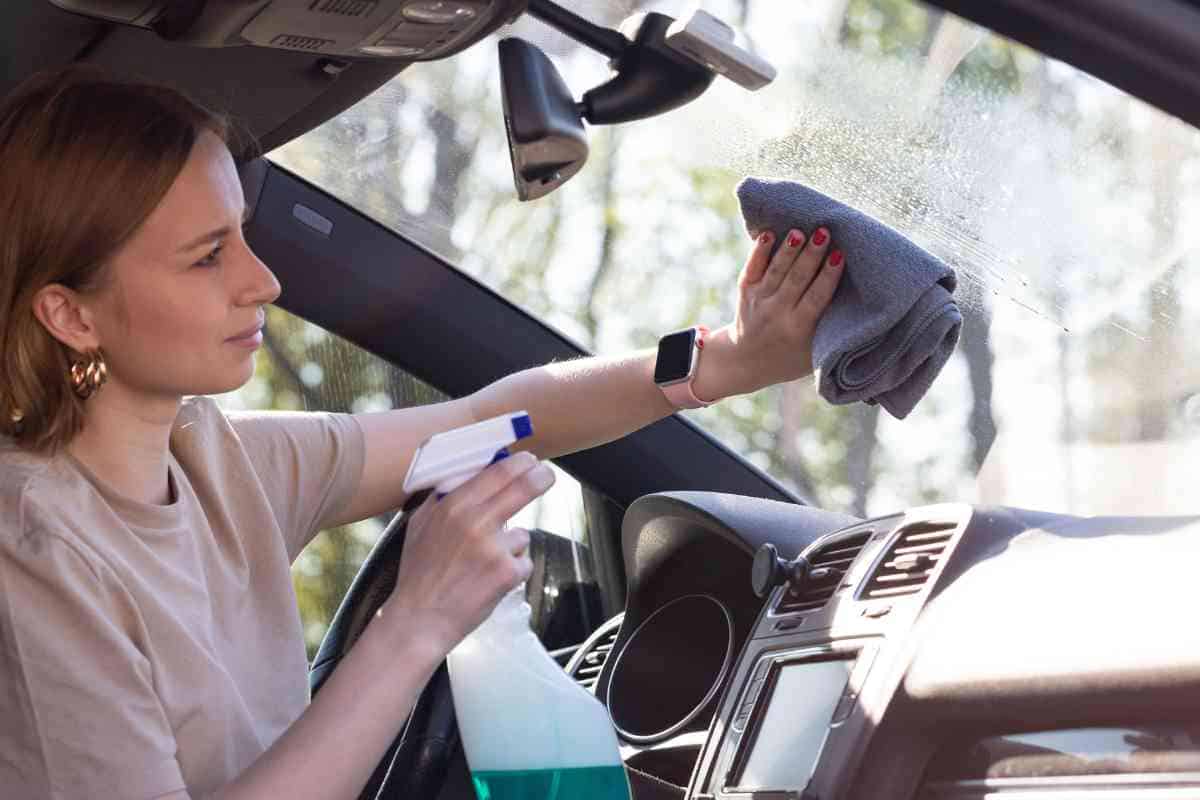
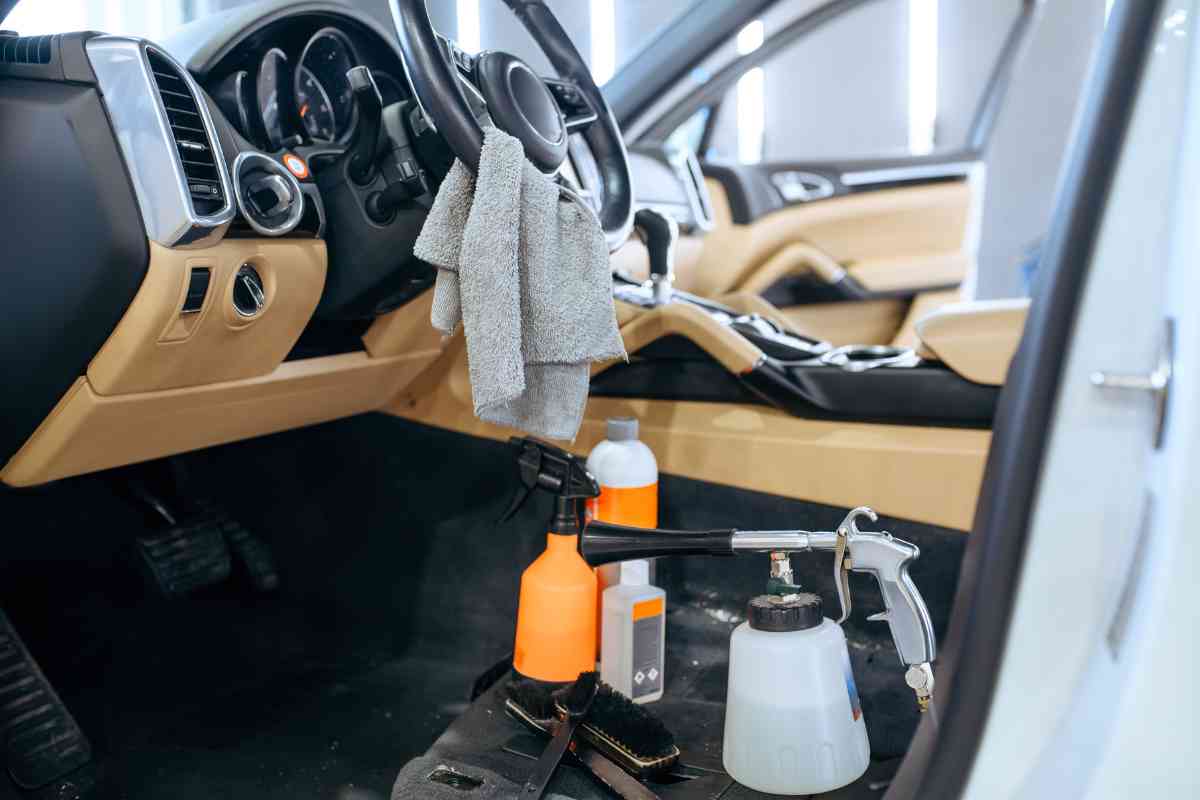
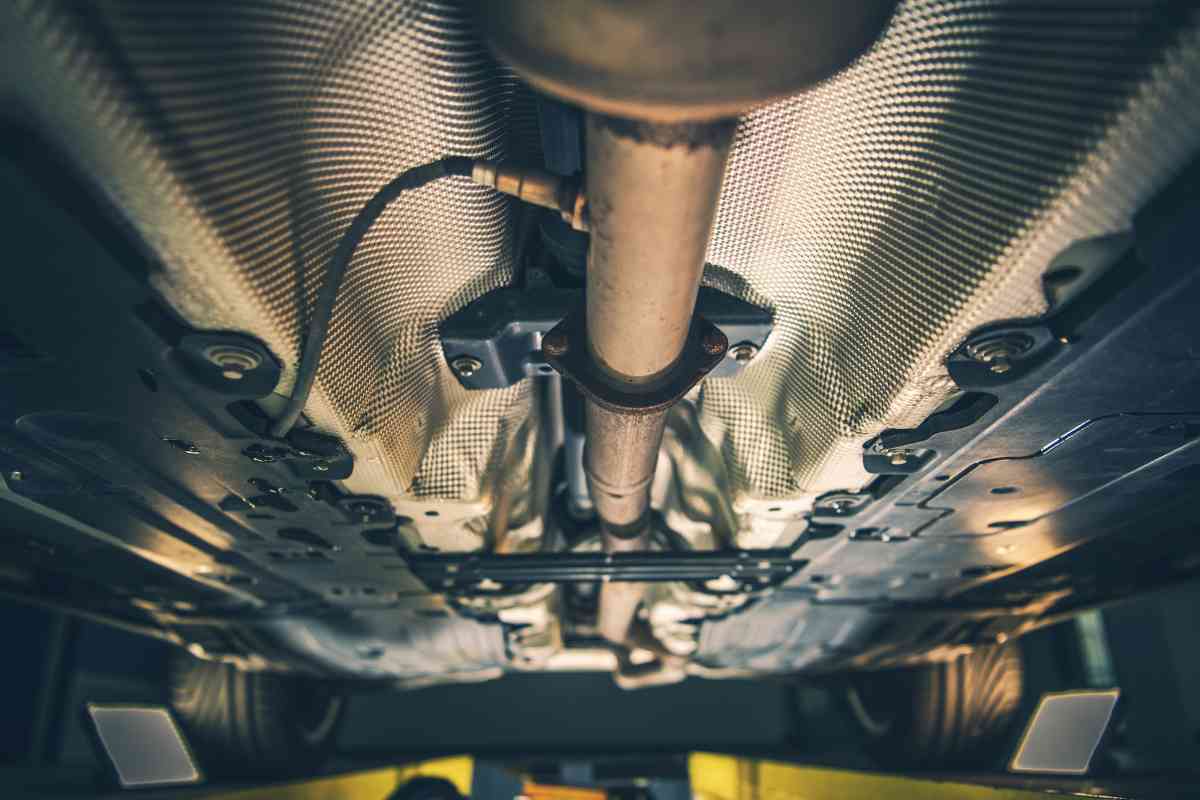
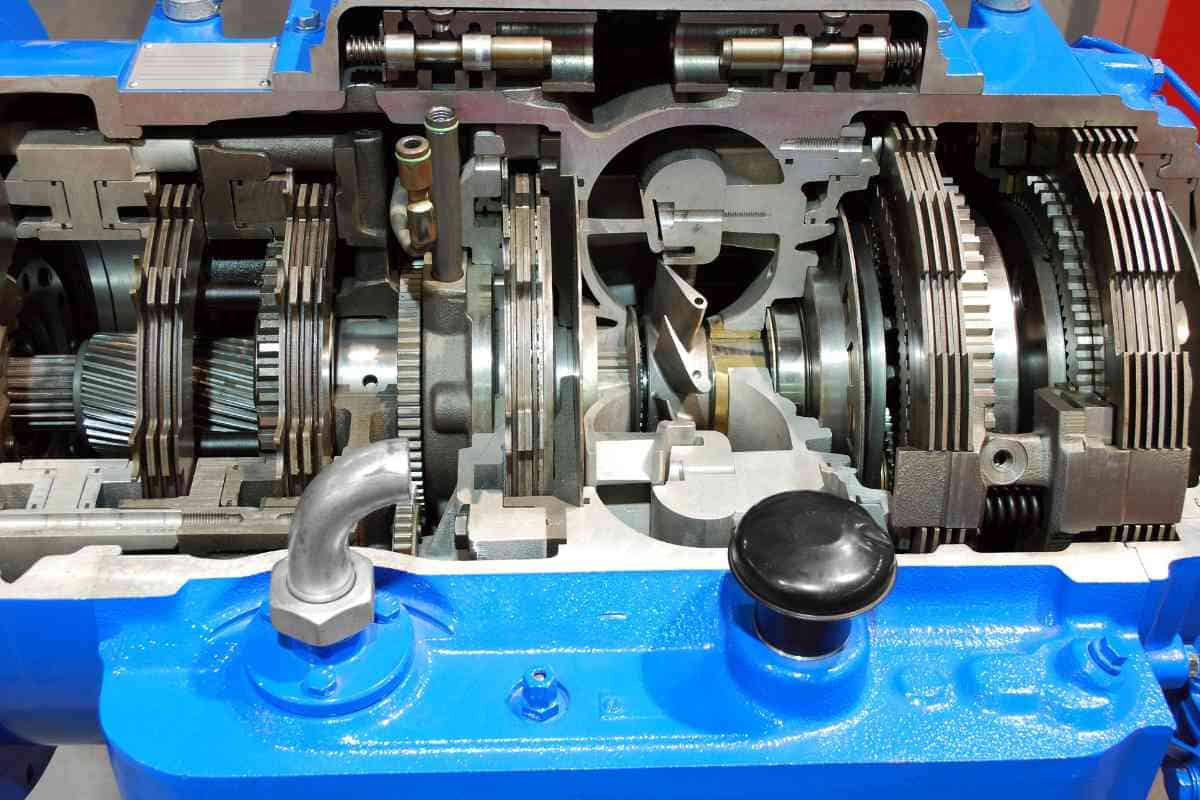
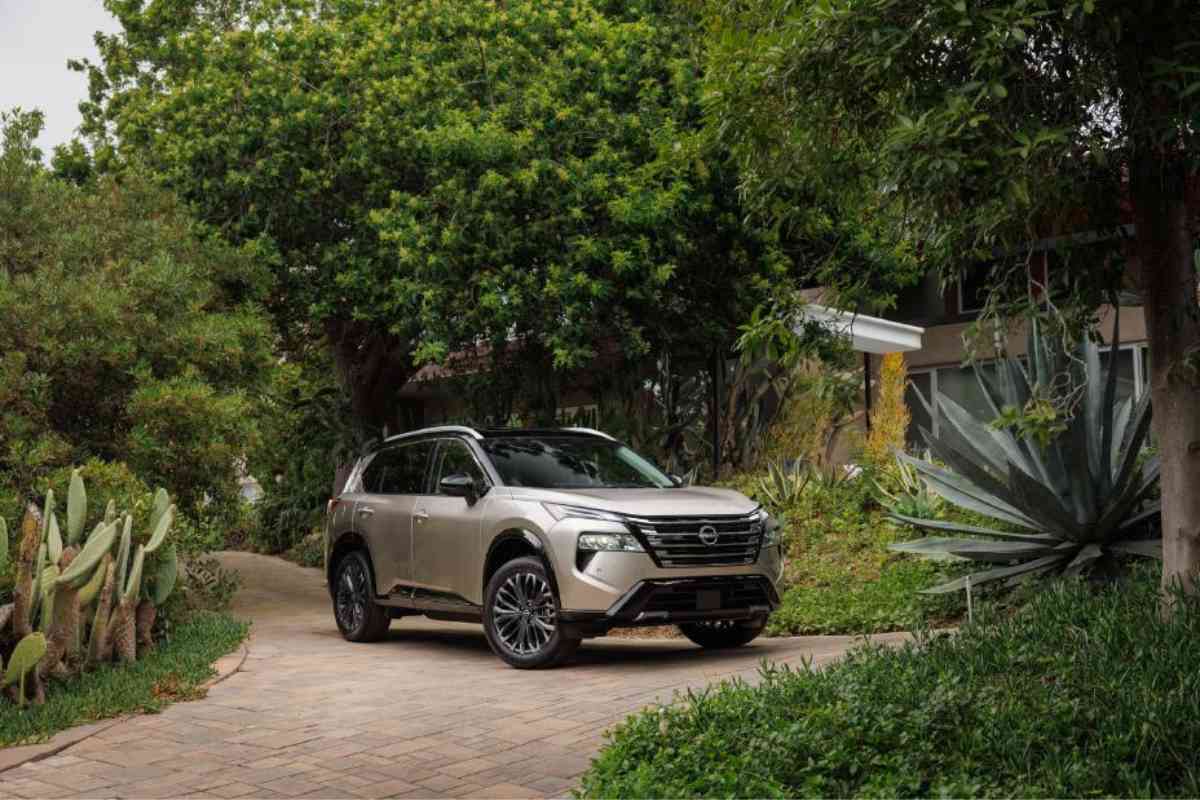
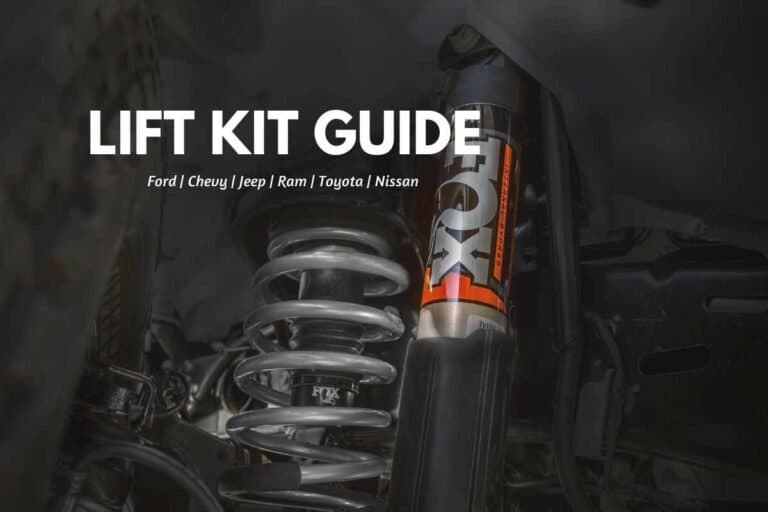
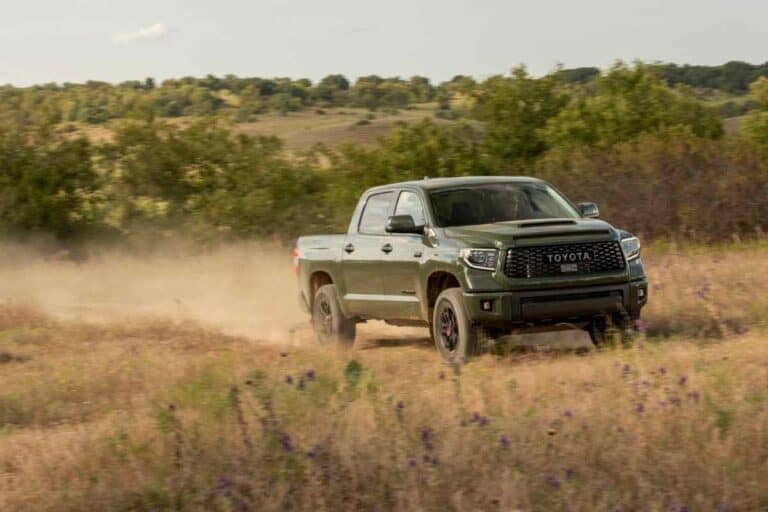
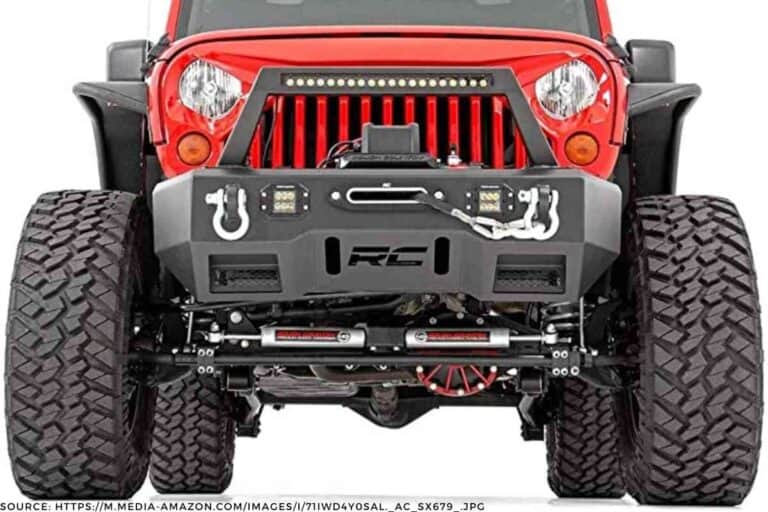
![Why Do Mud Tires Cup? [And How To Avoid Cupping!] 30 Why Do Mud Tires Cup? [And How To Avoid Cupping!]](https://fourwheeltrends.com/wp-content/uploads/2022/04/157957286_l-1024x683-1-768x512.jpg)
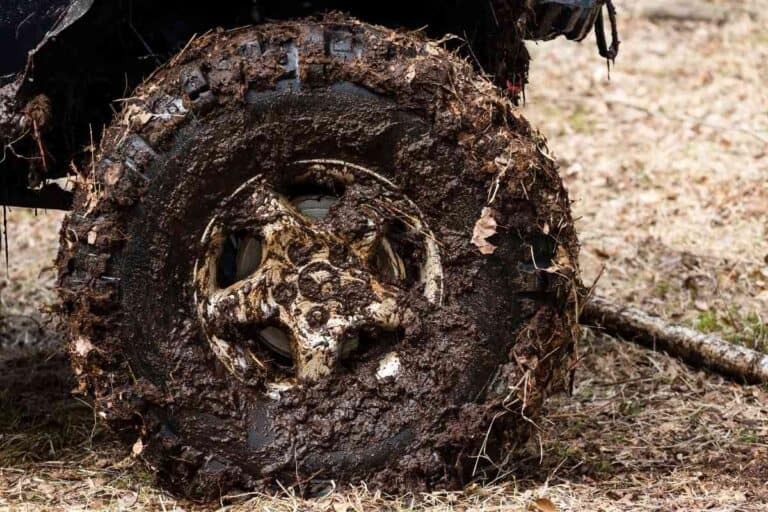
![What To Buy A Jeep Lover? [10 Best Jeep Gift Ideas For 2022] 32 What To Buy A Jeep Lover?](https://fourwheeltrends.com/wp-content/uploads/2021/12/10-Best-Jeep-Gift-Ideas-768x512.jpg)
